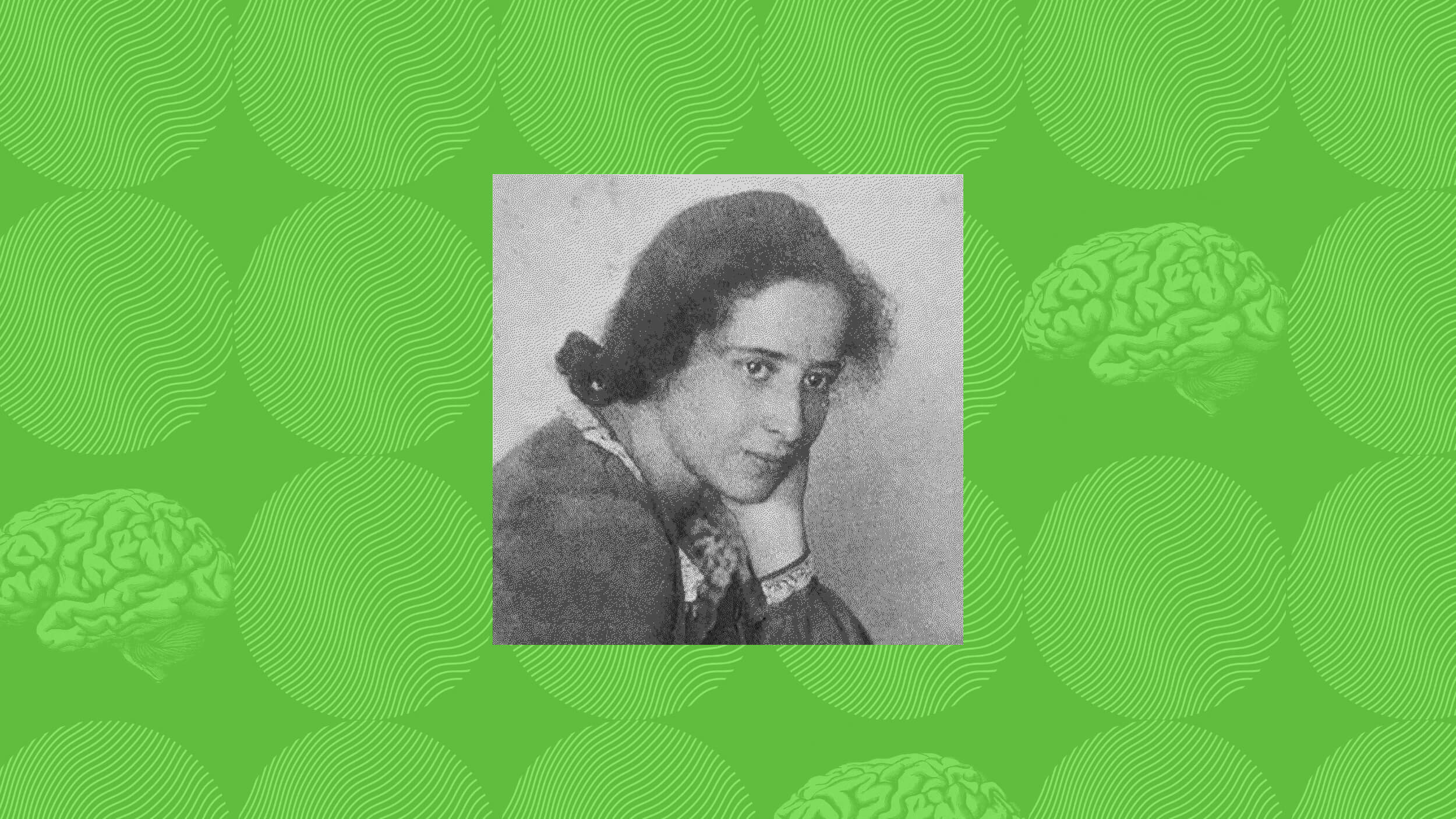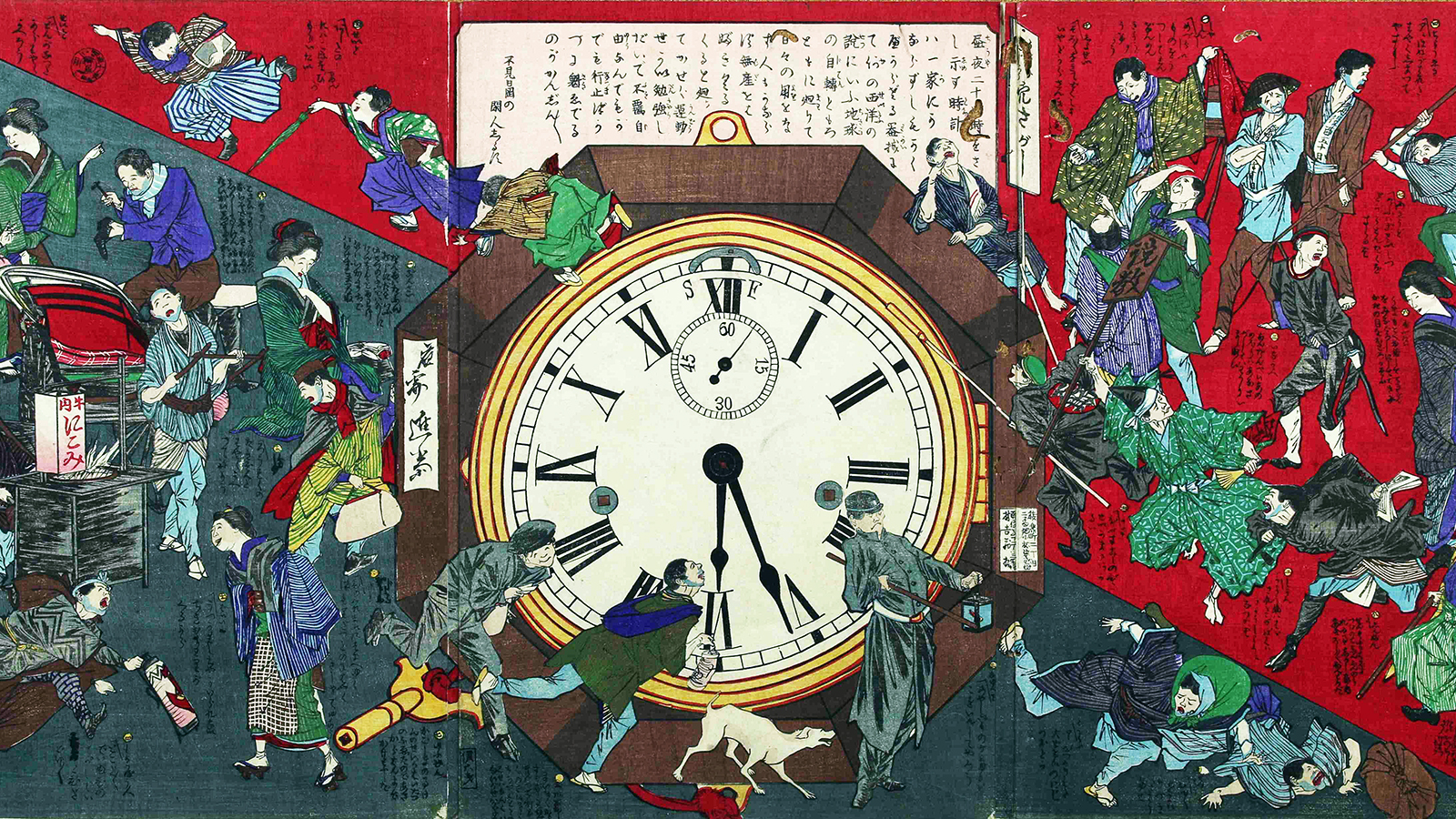Melville, Irony, and Occupy Wall Street

In one of those strange collisions between leatherbound Literature and paperless modern news, Herman Melville’s “Bartleby the Scrivener” was read aloud at Occupy Wall Street on Friday. Not only that, but the novella is being offered by the OWS Library, and some OWS members are reviving Bartleby’s catchphrase, “I would prefer not to,” as a T-shirt slogan.
Once you get past the initial double-take, it’s easy to see why the story would appeal to the movement. It’s subtitled “A Story of Wall-Street” and narrated by the complacent head of a law firm; its anti-hero, Bartleby, enrages his boss through his immobility and “passive resistance”; it even contains a scene in which Bartleby locks the narrator out of his office because he’s “occupied” inside. You could be forgiven for thinking Melville foresaw his audience 150 years in advance. At the same time, I wonder if some protesters weren’t a little baffled by the strangeness of the tale—even a little unnerved by its implications.
Bartleby’s resistance to his boss is not politically or personally motivated—in fact, it’s not motivated, period; it’s a fixed condition rather than a means to an end. His refusal to take on extra work soon becomes a refusal to work at all, then a refusal to leave the office, then a refusal to eat and, finally, a refusal to live. Throughout this process, he refuses to explain himself. We learn from the narrator that he worked previously at the Postal Service’s dead letter office, a job that appears to have left him alienated and depressed. He’s a dead letter himself, pale, purposeless, able to convey only his former impulse toward a purpose.
In other words, Bartleby, to put it mildly, is not a “joiner.” He’s not part of the 1% or the 99% but part of that baffling, exasperating minority who refuse to show up and be counted. Outwardly at least, he remains a blank, a zero. He’s a forerunner of Kafka’s “hunger artist,” who starves himself because he doesn’t like the food other people like. (Kafka probably never read Melville, but they fished in the same psychological waters.)
All of this means that “Bartleby the Scrivener” may not only be “an imperfect analogy” for today’s movement (as the OWS Library blog concedes): it may be an ironic commentary on it. Yes, Bartleby “would prefer not to” work on Wall Street if he were alive today, but he’d unquestionably prefer not to occupy Wall Street, either. If he’s a model for anything, it’s individual, not collective, resistance. Both can be effective in prompting social change, but right now the fight against corrupt financial institutions seems flush with Occupiers and short on Bartlebys. Short, in other words, on people who speak honestly because they speak stubbornly for themselves—who attract attention, and respect, by withdrawing from crowds rather than joining them. (I’m still waiting for the first disgruntled Wall Street employee to quit in spectacular fashion. In the Web age it’s more possible than ever to make a splash through this kind of solitary, charismatic gesture.)
“Bartleby”could also end up being a cautionary allegory about rebellion without a clearly defined cause. Though OWS has involved itself in concrete smaller-scale issues such as labor disputes, the nature of its larger demands remains open to question, even within its own ranks. The Arab Spring, which it claims as a model, sought the overthrow of particular dictators; by contrast, “We will no longer tolerate the greed and corruption of the 1%” is a slogan nearly as vague as “I would prefer not to.” If, like poor Bartleby, OWS can never fully articulate what it wants—only what it rejects—it, too, will waste away.
Ironies aside, “Bartleby” does at least offer a lesson in how unnerving sheer recalcitrance can be, especially to people in power. Melville’s scrivener doesn’t budge until he’s absolutely, physically forced to; having weathered the recent Northeast blizzard, the Zuccotti Park crowd have proved themselves worthy of the comparison. Anyway, if the movement wants to invoke a Melvillean parable of persistence, better “Bartleby” than Moby-Dick.
[Image of “Bartleby” OWS reading via Dumbo Books of Brooklyn blog.]





